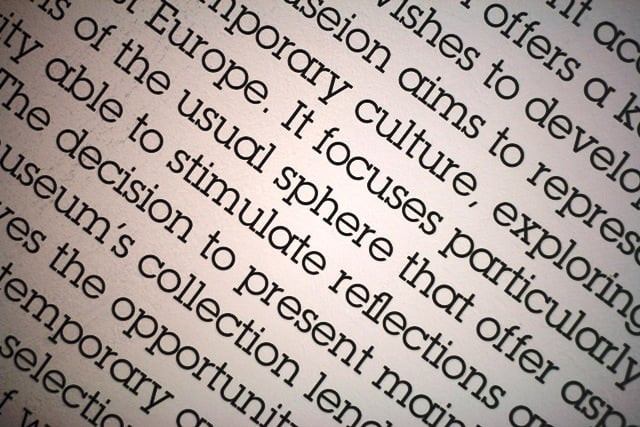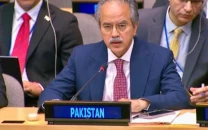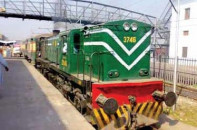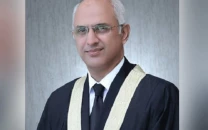Post-colonialism issues: Govt’s bid to change medium of instruction opposed
Say issues related to teaching and curriculum more crucial.

Communicating in the English language may not improve the quality of teaching and learning in classrooms, not taking into account enabling conditions. PHOTO: FILE
Communicating in the English language may not improve the quality of teaching and learning in classrooms, not taking into account enabling conditions.
The statement unanimously came from participants at the launch of a report, “Policy and Practice: Teaching and Learning in English in Punjab’s Primary Schools” on Monday.
The press release said the study was conducted in the backdrop of the Punjab government’s announcement that selected government schools in each district would be converted from Urdu medium of instruction to English for the upcoming academic year.
The policy announced in March 2009 was to be implemented in a phased manner in grade 1, grade 2 and grade 6 with the idea of converting all schools to English medium gradually over the next four years.

“Given the governments’ attempts, the issue is not as easy as it may appear,” said Dr Faisal Bari, associate professor at Lahore University of Management Sciences.
The study was an attempt to investigate if the policy of adopting English as the medium of instruction at the primary level would support meaningful teaching and learning in schools. A quantitative discourse analysis was conducted for 126 observations of Maths, science and English. An in-depth review of a selection of transcripts to complement the quantitative analysis was also conducted. During the research, 21 head teachers, 38 teachers and 152 parents were assessed for the implications of the policy from their perspective.
Surprisingly, the report shows that teachers only use the English language 36 per cent of the time in English class. The abysmally low figure is barely higher than science and maths classrooms, where English use is 28 per cent and 23 per cent respectively. The teachers, whose competence in English comes across as a major issue, were frequently found switching to Urdu. Even when some of them were able to explain grammatical structures in English lessons, they were reluctant to communicate in the language.
Around 70% of parents approve equating the emphasis on English with increased prospects for their children to learn the language. However, the majority of teachers and head teachers, around 70%, found the policy of teaching Maths and science in English from grade 1 problematic.
Abbas Rashid from Society for the Advancement of Education said based on existing research and global experiences, English needed to be taught at the primary level as a subject from grade 1, or later, depending on the availability of competent teachers. He also stressed that it must not be used as a medium of instruction. “Instead of changing the medium of instruction, we should focus on issues related to teaching and curriculum.”
Published in The Express Tribune, October 29th, 2013.



















COMMENTS
Comments are moderated and generally will be posted if they are on-topic and not abusive.
For more information, please see our Comments FAQ